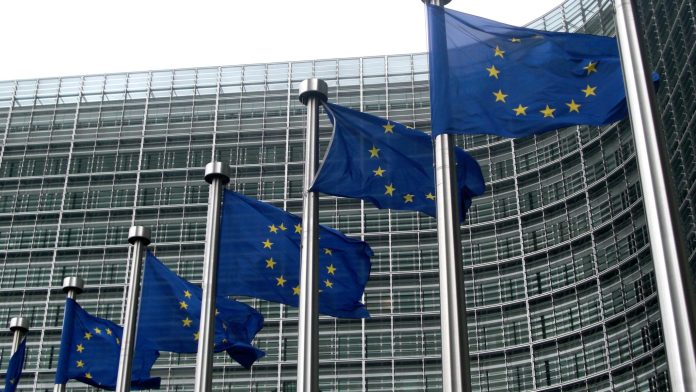European countries are now required to jointly develop and measure progress on digital skills, digital infrastructure, and digitalisation of both private industry and public services. A new ‘monitoring and cooperation’ mechanism obliges EU member states to collaborate on the development, implementation, and measurement of digital change policies. The move has a bearing on the rollout of networking and computing infrastructure in the region for smart industry and smart cities, and seeks to raise a European workforce that is au fait with sundry AI- and IoT-types of technologies.
The European Commission’s new Digital Decade programme, running to 2030, makes ‘digital transformation’ in four areas – skills, infrastructure, business, and government – a collaborative initiative, also with the EU parliament and its 27 member states. Nominally, and explicitly, infrastructure covers connectivity. The Digital Decade agreement observes the commission’s declaration on European Digital Rights and Principles, signed at the start of 2022.
Targets for digital infrastructure include gigabit connectivity for all, a double-share of semiconductor production; 10,000 “climate-neutral” and “highly secure” edge data centre nodes, and the first computer with quantum acceleration. Targets for business transformation include 75 percent of companies using “cloud/AI/big data”, 100 percent growth in the number of EU startup ‘unicorns’, and 90 percent of SMEs at a “basic level of digital intensity”.
Targets for governments include having 100 percent of “key public services” online, 100 percent of medical records online, and 80 percent of citizens with digital IDs. The skills target covers 20 million ICT specialists, with greater “gender convergence”, and 80 percent of the population with some “basic digital skills”. The targets are attended by a “cyclical cooperation process to take stock of progress and define milestones”, a statement said.
A new framework has been created alongside for member states to join forces on digital initiatives. KPIs to monitor progress of member states will be set down in the next few months, and presented as part of an annual Digital Economy and Society Index (DESI). A statement said countries will be required to cooperate on multi-country projects in areas such as 5G, quantum computers, and connected public administrations in order to hit targets.
Member states have nine months, until October, to submit strategic roadmaps, describing national policies and actions to hit the 2030 targets. Alongside, the commission will publish an annual report (State of the Digital Decade), starting in June, and also convene a new high-level expert group (Digital Decade Board) to reinforce its cooperation with member states. A new forum will also be created to bring on board various stakeholders and discuss their views.
Margrethe Vestager, executive vice president of the commission’s digital strategy programme, Europe Fit for the Digital Age, commented: “Technology will continue to play an increasingly important role in our societies and in our lives. With the monitoring mechanism we now have concrete goals for how to make digital technology work for all people and for businesses.”
Thierry Breton, commissioner for internal market, said: “It is important for Europe to embrace the Digital Decade in order to ensure our digital transformation is successful. To achieve this, we must prioritise the development of highly-skilled engineers, increased connectivity across the continent, and improved infrastructure for our SMEs. By focusing on key technologies such as 5G, cloud computing, fiber optic networks, quantum computing, and microelectronics, we will work with Member States to achieve our goal of resilience and autonomy by 2030.”

